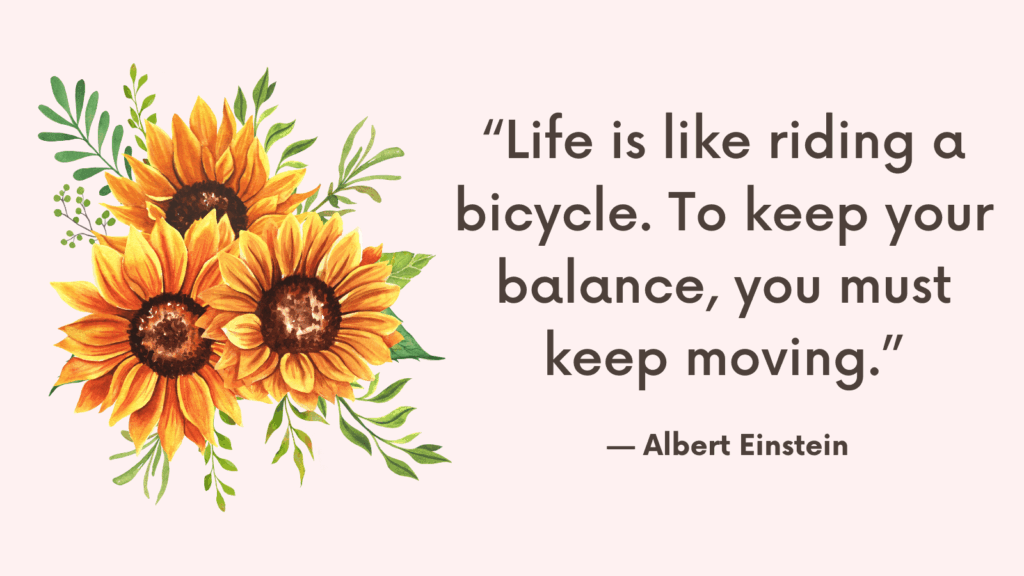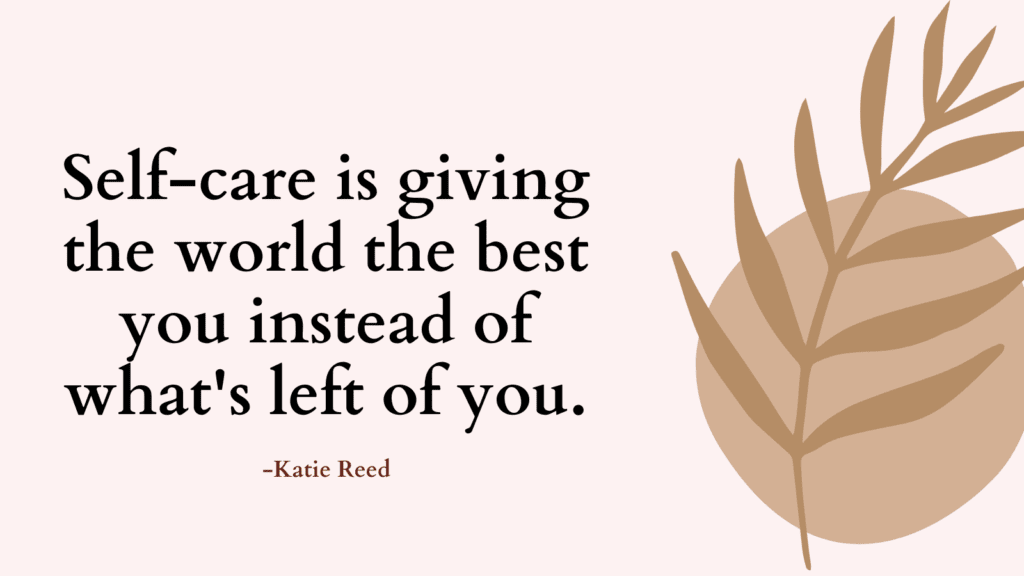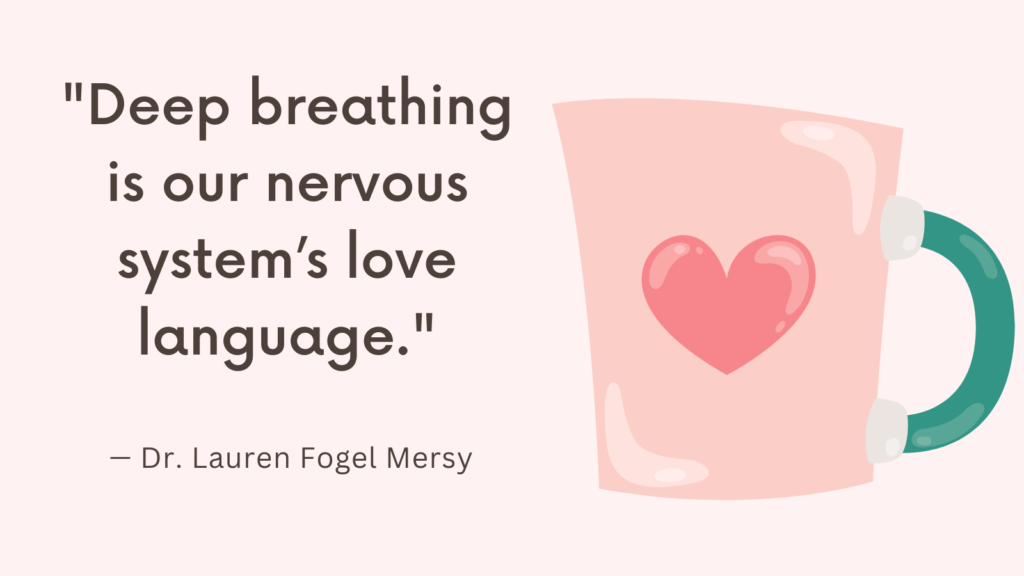This post contains Hikikomori test to help you assess if Hikikomori syndrome is a problem for you.
What Is Hikikomori?
Hikikomori is an almost complete withdrawal from social interaction that was first seen in Japan, but is becoming a psychological syndrome worldwide.
The term social withdrawal, or shakaiteki hikikomori, as it is translated into Japanese, is not included in the Diagnostic and Statistical Manual of Mental Disorders, Fifth Edition, Text Revision (DSM-5-TR), used by mental health professionals.
Instead, it’s viewed as a distinct phenomenon or syndrome.
Hikikomori Test
The following questions represent common signs of Hikikomori as by a Japanese expert group (*):
Results
#1. Are you spending most of the time at home?
#2. Do you feel no interest in going to school or work?
#3. Do you have no close relationships (e.g., friendships)?
#4. Have you been in withdrawal for more than 6 months?
#5. Do you often experience strong fear of other people that has been exacerbated by the state of withdrawal?
#6. Do you often experience violent outbursts or find yourself constantly irritated?
#7. Do you often experience insomnia or a tendency to stay up at night and sleep during the day?
#8. Are you experiencing regression or “reversion to childhood” where you find yourself relying on others?
#9. Do you often experience feelings of depression and despair?
We will not sell your information. All results are kept confidential.
This quiz is for informational purposes only. It is not meant as a diagnostic or assessment tool.
Results
The questions above represent common signs of Hikikomori syndrome as defined by experts. If you answered yes to most of these questions, then you may be experiencing Hikikomori syndrome.
What Causes Hikikomori Syndrome?
1. Societal Pressure
Hikikomori often emerges in cultures with high expectations for academic, career, and social success. In Japan, for example, societal norms emphasize rigid educational and professional achievements, leading to immense pressure. When individuals feel they cannot meet these standards, they may withdraw to avoid failure or shame.
2. Family Dynamics
Family relationships play a significant role in hikikomori. Overprotective or controlling parenting can stifle independence, making individuals less equipped to handle external pressures. Conversely, neglect or familial conflict can lead to feelings of rejection and isolation, pushing individuals to retreat from the world.
3. Mental Health Issues
Underlying mental health conditions, such as depression, anxiety, or social phobia, are common in people with hikikomori. These conditions can make social interactions overwhelming and contribute to avoidance behaviors.
4. Fear of Judgment
The fear of being criticized or judged by others can deter individuals from engaging with society. This fear often stems from past negative experiences, such as bullying, humiliation, or failure, reinforcing the desire to withdraw.
5. Economic Factors
Economic instability and the rise of insecure, low-paying jobs can contribute to feelings of hopelessness. Individuals may feel unable to achieve a stable and fulfilling life, leading to withdrawal as a form of escape.
6. Digital Isolation
The availability of technology and the internet can exacerbate social withdrawal. Online platforms provide an alternative reality where individuals can avoid face-to-face interactions while still feeling engaged. Over time, this reliance on virtual connections can deepen their physical isolation.
7. Cultural Norms
Cultural values emphasizing harmony and conformity can discourage individuals from seeking help. In some societies, mental health struggles are stigmatized, leading individuals to hide their struggles rather than address them.
8. Lack of Coping Skills
Many hikikomori individuals lack effective coping mechanisms for stress and failure. Without tools to manage life’s challenges, they may resort to isolation as a defense mechanism.
9. Traumatic Experience
Trauma, such as abuse, neglect, or significant losses, can lead to emotional withdrawal. For some, isolating themselves feels like a way to avoid further pain or vulnerability.
10. Social Disconnection
Modern lifestyles often limit opportunities for genuine connection. Urbanization, smaller family units, and reduced community interactions can leave individuals feeling isolated, making it easier for hikikomori to develop.
How to Recover from Hikikomori Syndrome?
1. Create a Supportive Environment
Family members should be supportive and patient, understanding the challenges and providing encouragement without pressure.
Joining support groups with others who have similar experiences can reduce feelings of isolation and provide mutual encouragement.
2. Gradual Exposure
Begin with small, manageable steps to re-engage with the outside world, such as going for short walks or interacting with one trusted person.
Gradually increase the complexity and duration of social interactions as comfort levels improve.
3. Develop Daily Routines
Establish a daily routine that includes time for self-care, hobbies, and gradually increasing social activities.
Maintain consistency to create a sense of normalcy and predictability.
4. Focus on Hobbies and Interests
Encourage participation in hobbies or activities that the individual finds enjoyable and fulfilling.
Learning new skills or revisiting old hobbies can boost self-esteem and provide a sense of accomplishment.
5. Online Communities
Begin with online interactions in communities related to the individual’s interests. This can be a less intimidating way to start socializing.
Gradually transition from online to offline interactions as confidence builds.
6. Address Underlying Issues
Address any coexisting mental health conditions such as depression, anxiety, or social phobia with appropriate treatment.
Work through any past trauma or current stressors that may be contributing to the withdrawal.
7. Healthy Lifestyle Choices
Regular physical activity can improve mood and reduce anxiety.
Eating a balanced diet supports overall mental health.
Establish a healthy sleep routine to ensure adequate rest.
8. Build Social Skills
Work with a therapist or coach to develop social skills and improve confidence in social settings.
Practice these skills in low-pressure environments.
9. Patience and Compassion
Encourage self-compassion and understanding that recovery is a gradual process with ups and downs.
Both the individual and their support network need to be patient, recognizing that change takes time.
FREE Hikikomori Worksheets
- Avoidance Worksheets Download PDF
- Depression Worksheets Download PDF
- Depression – List of Pleasant Activities Download PDF
- Find Your Purpose Worksheets Download PDF

FAQs
Who experiences hikikomori?
Answer: While it is most commonly associated with young people, especially males, it can affect individuals of any age or gender. Adults in their 30s, 40s, or older can also experience hikikomori.
Is hikikomori a mental illness?
Answer: Hikikomori itself is not classified as a mental illness but is often associated with underlying conditions such as depression, social anxiety, or trauma.
Is hikikomori only found in Japan?
Answer: No, similar behaviors have been observed worldwide, including in South Korea, the U.S., and Europe. However, Japan’s cultural and societal context amplifies its visibility.
Can women experience hikikomori?
Answer: Yes, though less frequently reported, women can also experience hikikomori. Cultural factors may make female cases less visible or less studied.
Is hikikomori related to gaming addiction?
Answer: While some individuals with hikikomori spend excessive time gaming, not all cases involve gaming addiction.
What’s the difference between hikikomori and agoraphobia?
Answer: Agoraphobia is a fear of leaving safe spaces or being in public places, while hikikomori involves withdrawal due to social, psychological, or cultural reasons without necessarily involving fear of public spaces.
How long can hikikomori last?
Answer: Some individuals recover after a few years, while others remain isolated for decades without seeking help.
Resources
- Frontiers | Social Withdrawal (Hikikomori) Conditions in China: A Cross-Sectional Online Survey (frontiersin.org)
- Frontiers | Family Features of Social Withdrawal Syndrome (Hikikomori) (frontiersin.org)
- Social Withdrawal and Mental Health: An Interdisciplinary Approach | IntechOpen
- Social Withdrawal in Childhood – PMC (nih.gov)
- Social withdrawal in major depressive disorder: a case-control study of hikikomori in japan – PubMed (nih.gov)
- Social Withdrawal – an overview | ScienceDirect Topics
- Social isolation, loneliness, and all-cause mortality in older men and women | PNAS
- A Prospective Study of Social Isolation, Loneliness, and Mortality in Finland – PMC (nih.gov)
- The risks of social isolation (apa.org)
- Frontiers | Hikikomori Is Most Associated With Interpersonal Relationships, Followed by Suicide Risks: A Secondary Analysis of a National Cross-Sectional Study (frontiersin.org)
- Hikikomori, A Japanese Culture-Bound Syndrome of Social Withdrawal? A Proposal for DSM-V – PMC (nih.gov)







